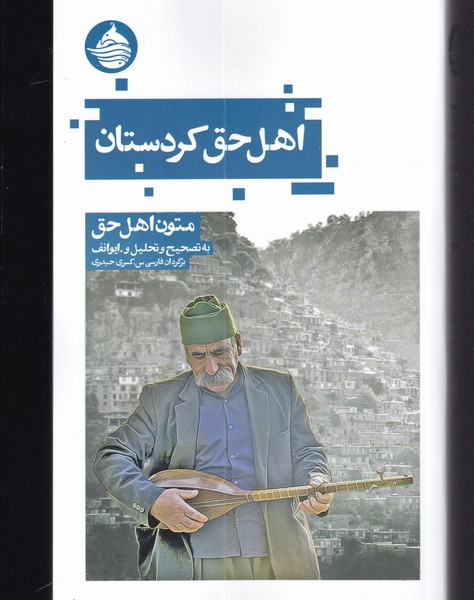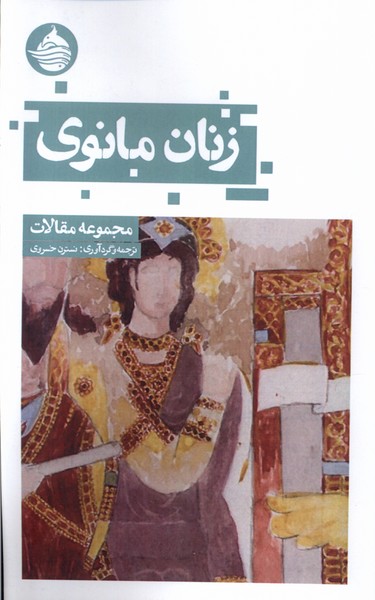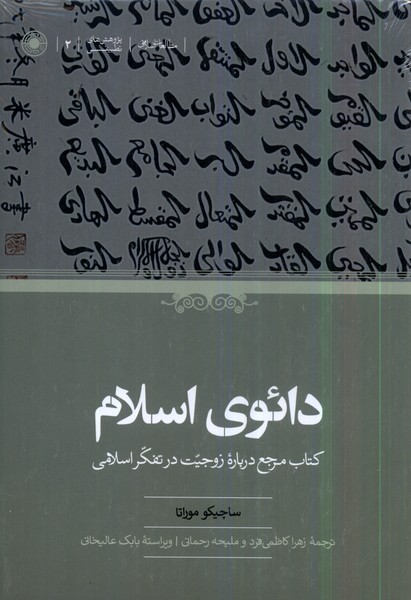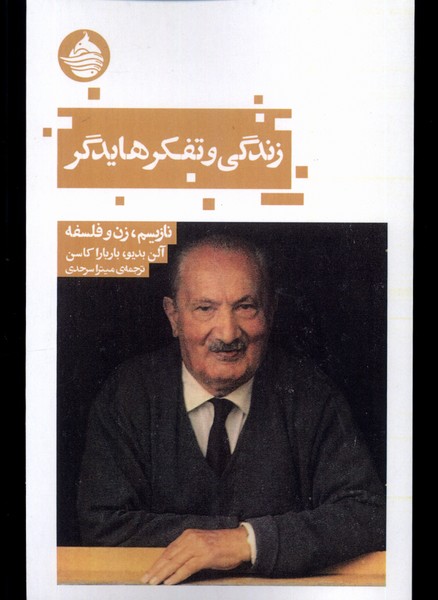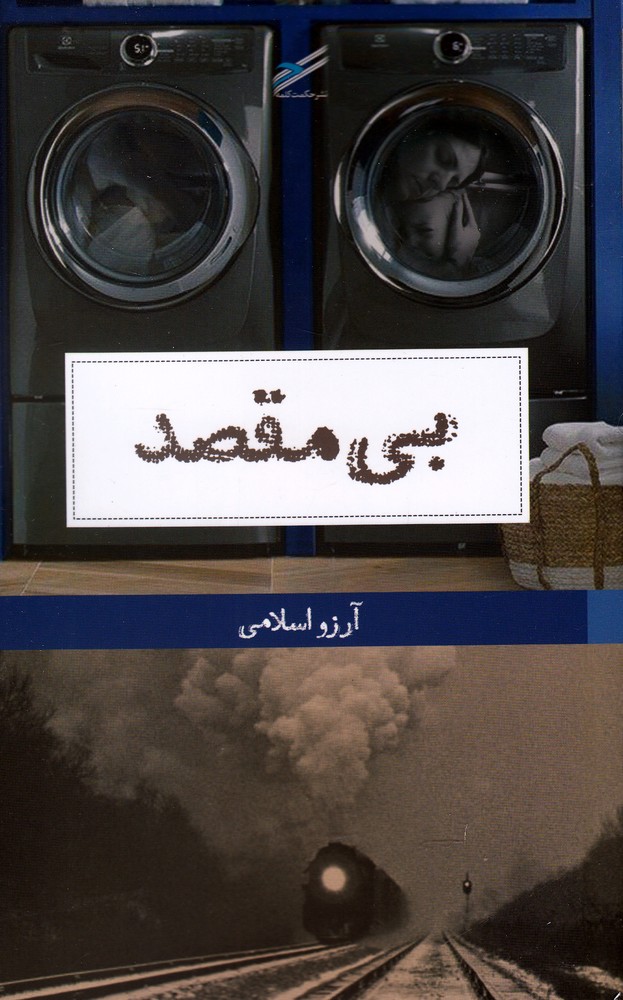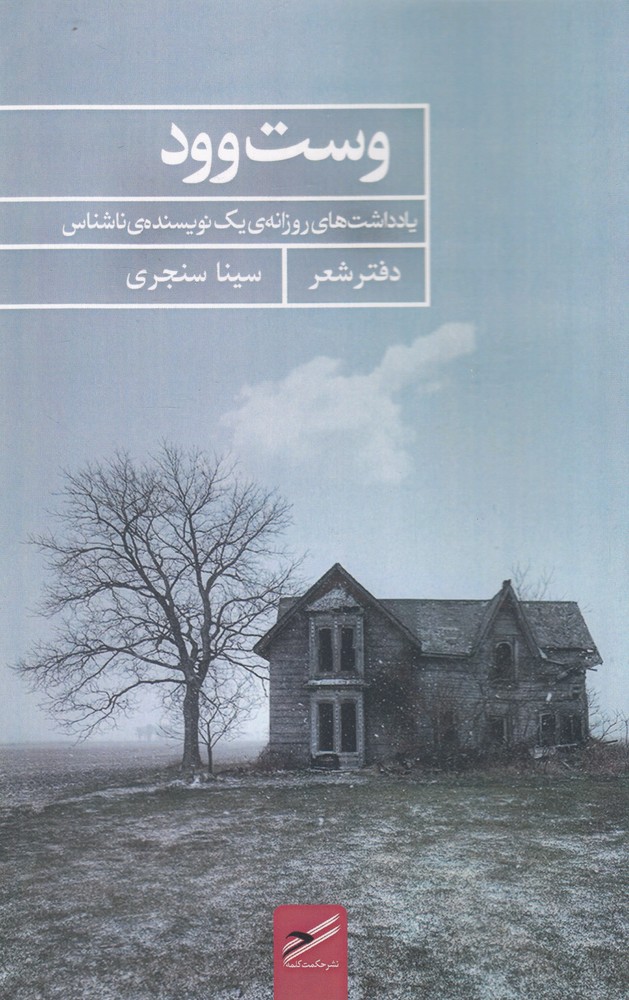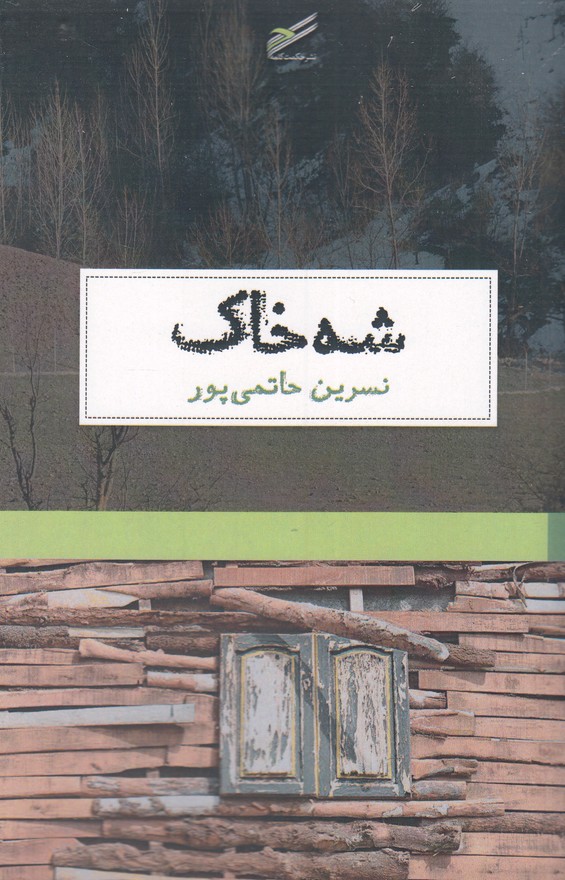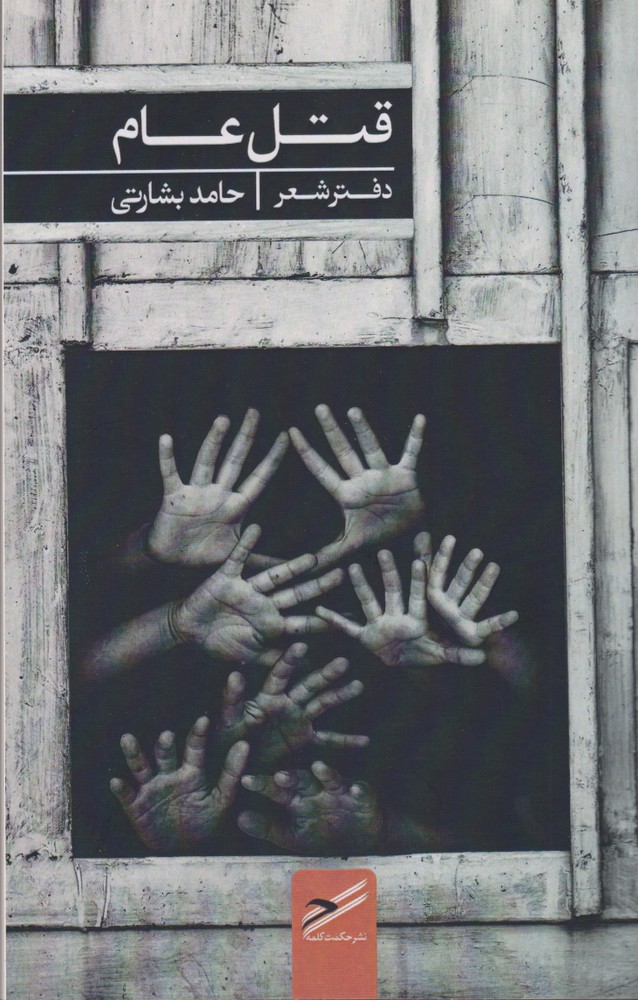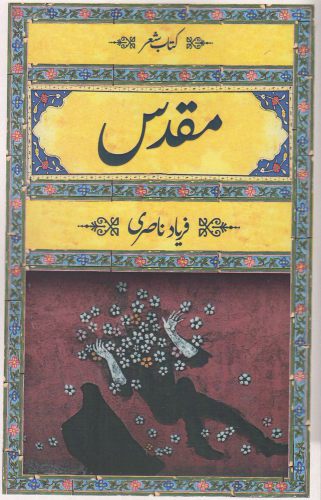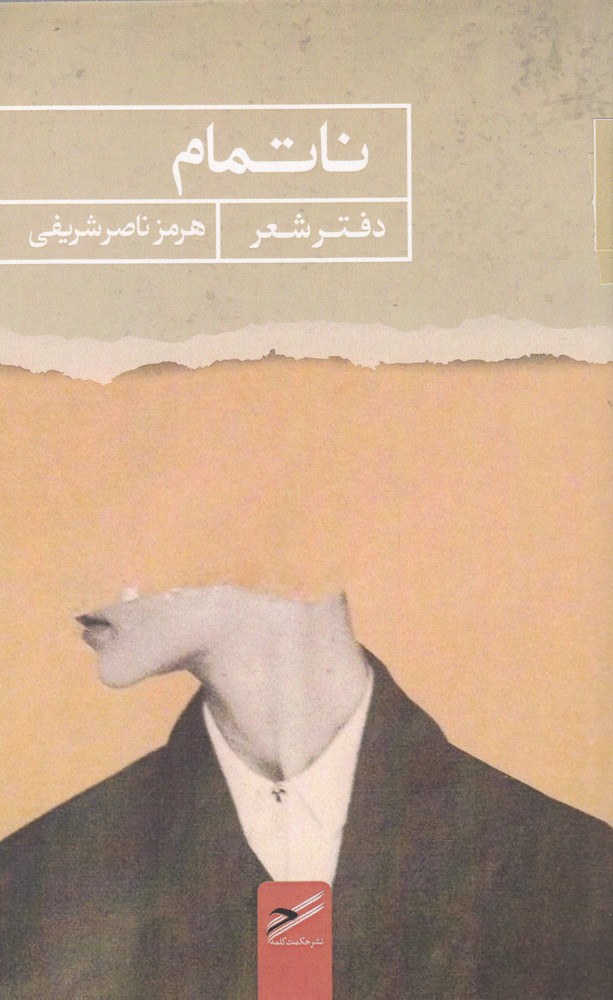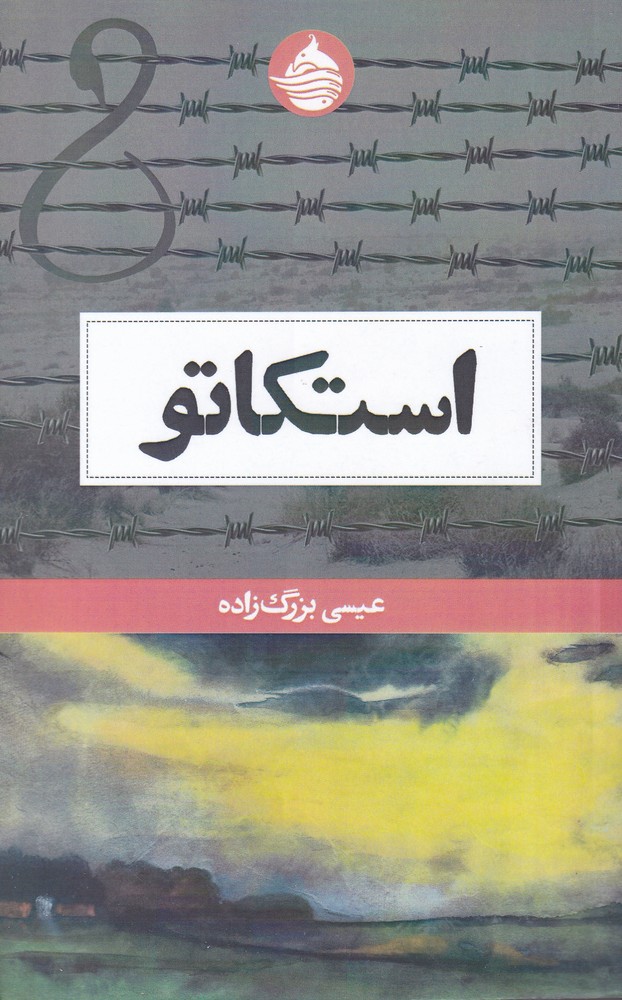Ahl-i ḥaq-i Kurdistān: Persiska (Farsi) 1400
اهل حق کردستان
22,88 $
Dela
Wishlist
ISBN:
9786229824788
Översättare:
Kasrá ḥaydarī
Förlag:
ḥikmat-i Kalamah
Åldersgrupp:
Vuxen
Sidor:
436
Vikt:
330 g
Produktmått:
11 x 20 x 4 cm
Bokomslag:
Pocketbok
The Truth-Worshippers of Kurdistan is the main work and the result of Ivanov's knowledge in the field of Ahl Haq. Ahl al-Haq or Ahl al-Haqit - a term that the Nizari Ismailis of Iran also use for themselves, that is, "followers of the truth of the absolute divine religion" - are considered an important sect in the Shia religion. They are known among the public as "Ali Allahis", that is, those who consider Ali Ibn Abi Talib as God, not only Sunni theologians. Rather, Twelver theologians also consider them as "Mahlat", that is, "exaggerating" (in the sanctity they attach to Ali) and consider them as apostates. For this reason, this sect keeps its beliefs hidden and in relation to the outside world uses the tested appearance of the dervish to claim to be a Sufi. However, this concealment of their relationship with the cult makes statistical evaluation impossible and even the approximate number of their total population remains unclear. They do not have a fixed population anywhere and are usually seen in separate places and centers that are scattered in many regions of Iran as well as Iraq, Turkey, and Russia (Caucasus), but their main residence is Kurdistan of Iran and Azerbaijan of Iran. And in Iran, in the form of the Jalali group (also called Heydari and Khaksar), they are closely related to the popular dervish religion, whose members enter the sect in their higher ranks.is the main work and the result of Ivanov's knowledge in the field of Ahl Haq. Ahl al-Haq or Ahl al-Haqit - a term that the Nizari Ismailis of Iran also use for themselves, that is, "followers of the truth of the absolute divine religion" - are considered an important sect in the Shia religion. They are known among the public as "Ali Allahis", that is, those who consider Ali Ibn Abi Talib as God, not only Sunni theologians. Rather, Twelver theologians also consider them as "Mahlat", that is, "exaggerating" (in the sanctity they attach to Ali) and consider them as apostates. For this reason, this sect keeps its beliefs hidden and in relation to the outside world uses the tested appearance of the dervish to claim to be a Sufi. However, this concealment of their relationship with the cult makes statistical evaluation impossible and even the approximate number of their total population remains unclear. They do not have a fixed population anywhere and are usually seen in separate places and centers that are scattered in many regions of Iran as well as Iraq, Turkey, and Russia (Caucasus), but their main residence is Kurdistan of Iran and Azerbaijan of Iran. And in Iran, in the form of the Jalali group (also called Heydari and Khaksar), they are closely related to the popular dervish religion, whose members enter the sect in their higher ranks.
more
کتاب اهلحق کردستان اثر اصلی و ماحصل دانستههای ایوانف در زمینۀ اهلحق است. اهل حق یا اهل حقیقت- اصطلاحی که اسماعیلیان نزاری ایران نیز برای خودشان به کار می برند، یعنی «پیروان حقیقت دین الهی مطلق»- فرقة مهمی در مذهب شیعه محسوب می شوند. آنها در بین عموم به عنوان «علی اللهی ها» شناخته می شوند، یعنی کسانی که «علی ابن ابی طالب را خدا می دانند، نه تنها متکلمان سنی . بلکه متکلمان اثناعشری نیز آنها را به منزله «محلات»، یعنی « اغراق کننده» در نظر میگیرند (در تقدسی که برای علی قائل می شوند) و آنها را مرتد قلمداد می کنند. به این دلیل این فرقه اعتقادات خود را پنهان نگه می دارد و در ارتباط با جهان بیرونی از ظاهر آزمایش شده ادعای درویش با صوفی بودن استفاده میکند. هدهد این پنهان کاری ارتباط آنها با فرقه، ارزیابی آماری را غیر ممکن می سازد و حتی تعداد تقریبی کل جمعیت آنها نامشخص باقی می ماند. آنها جمعیت ثابتی در جایی ندارند و معمولا در مکانها و کانون های مجزایی که در بسیاری از مناطق ایران و نیز عراق، ترکیه و روسیه (قفقاز) پراکنده است دیده می شوند، اما سکونتگاه اصلی آنها کردستان ایران و آذربایجان ایران است. و آنها در ایران در قالب گروه جلالی (که هم چنین حیدری با خاکسار نیز نامیده میشوند) ارتباط نزدیکی با آیین درویشی عامیانه دارند که اعضای آن ها در مراتب بالاترشان وارد فرقه میشوند.
more

